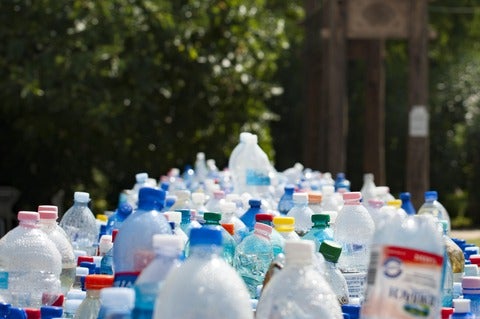Glaciers can warn us about the looming dangers of climate change, but it takes a multidisciplinary scientist (with a warm jacket) to interpret the message.
 Glaciers may have the reputation of moving slowly, but deep below them, unseen by humans, things are moving more quickly every day. Global warming is melting our glaciers, creating streams of icy water and slush below the surface. If this water spreads out, it can lubricate the ice above it and cause the glaciers to flow faster. While this melt and the resulting glacier flow tells scientists how fast our climate is changing, it’s up to a new breed of scientist to tell us how fast we need to act.
Glaciers may have the reputation of moving slowly, but deep below them, unseen by humans, things are moving more quickly every day. Global warming is melting our glaciers, creating streams of icy water and slush below the surface. If this water spreads out, it can lubricate the ice above it and cause the glaciers to flow faster. While this melt and the resulting glacier flow tells scientists how fast our climate is changing, it’s up to a new breed of scientist to tell us how fast we need to act.
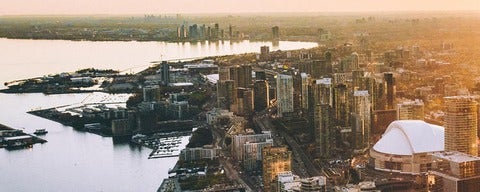
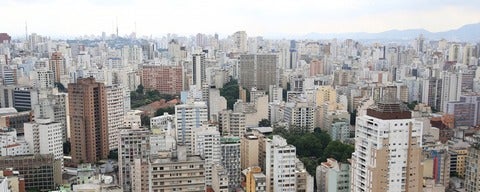

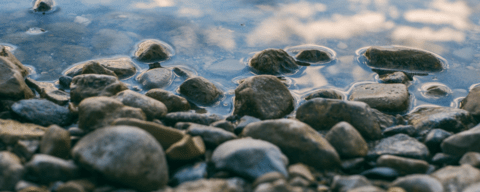
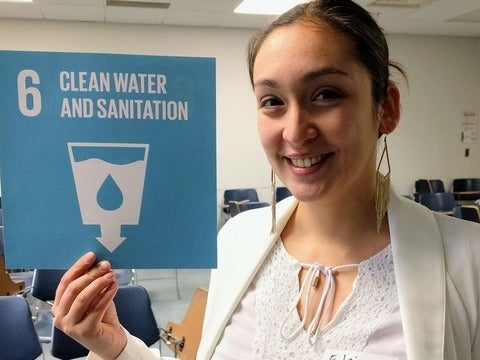
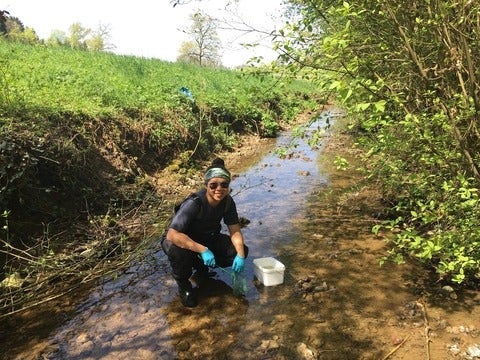
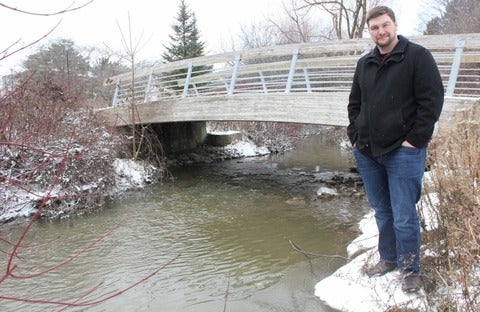
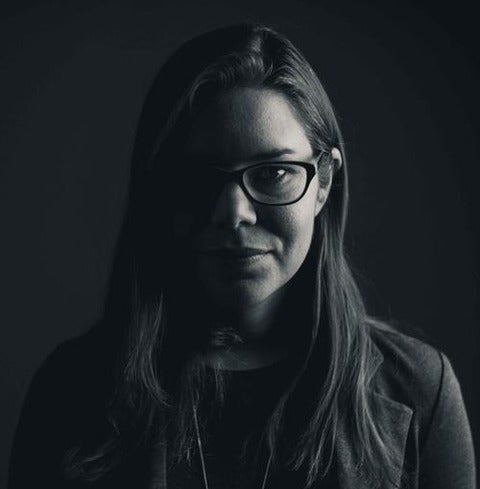
 Glaciers may have the reputation of moving slowly, but deep below them, unseen by humans, things are moving more quickly every day. Global warming is melting our glaciers, creating streams of icy water and slush below the surface. If this water spreads out, it can lubricate the ice above it and cause the glaciers to flow faster. While this melt and the resulting glacier flow tells scientists how fast our climate is changing, it’s up to a new breed of scientist to tell us how fast we need to act.
Glaciers may have the reputation of moving slowly, but deep below them, unseen by humans, things are moving more quickly every day. Global warming is melting our glaciers, creating streams of icy water and slush below the surface. If this water spreads out, it can lubricate the ice above it and cause the glaciers to flow faster. While this melt and the resulting glacier flow tells scientists how fast our climate is changing, it’s up to a new breed of scientist to tell us how fast we need to act. 